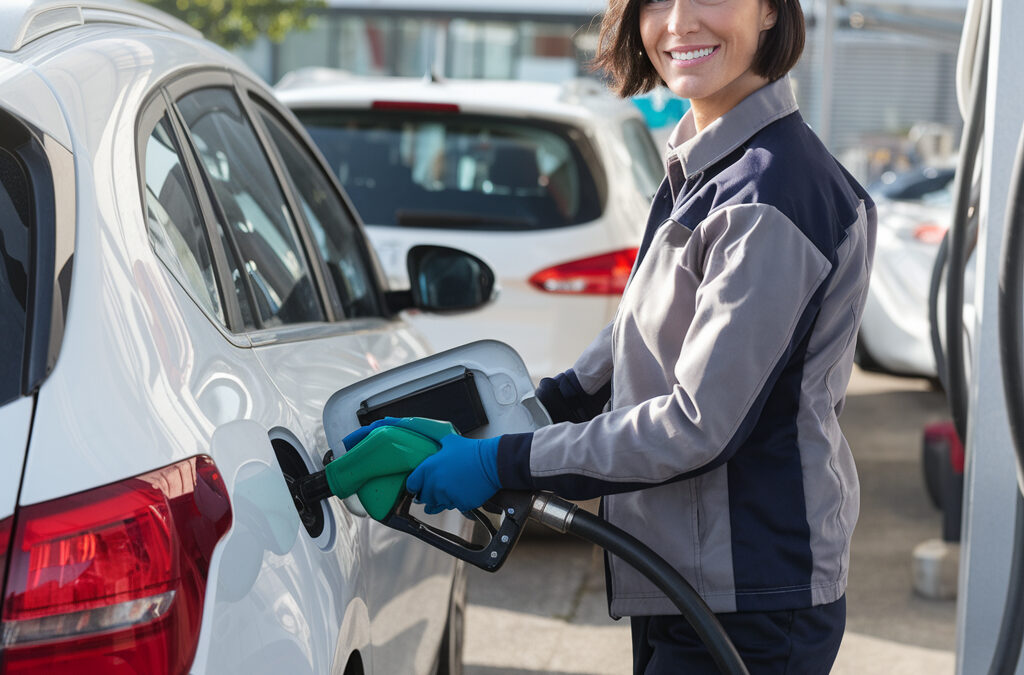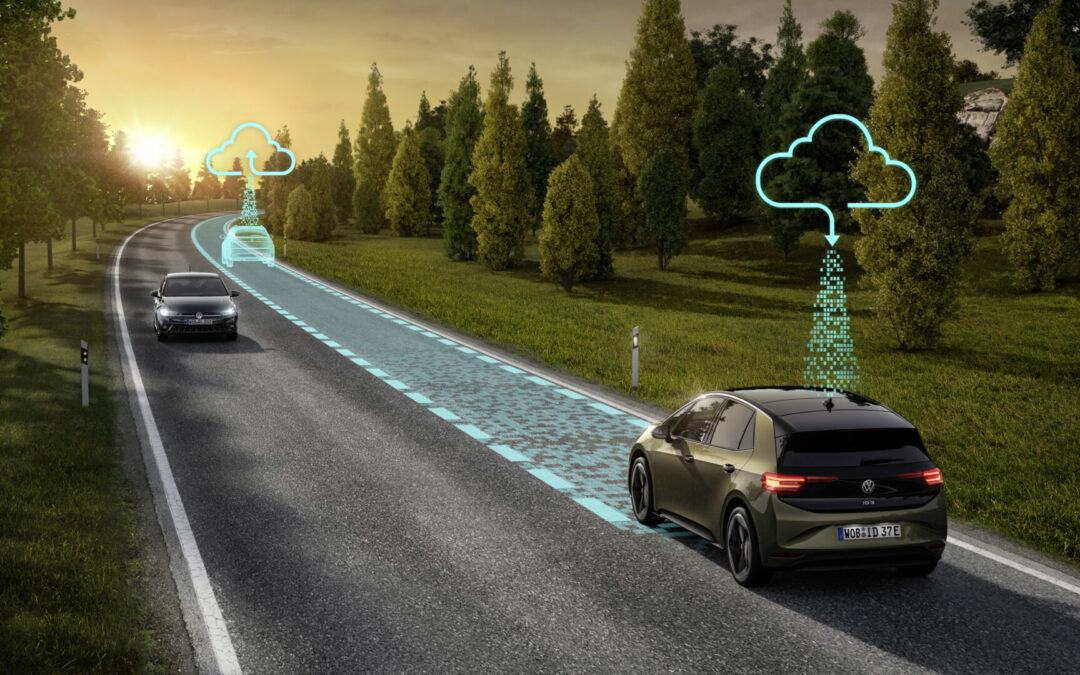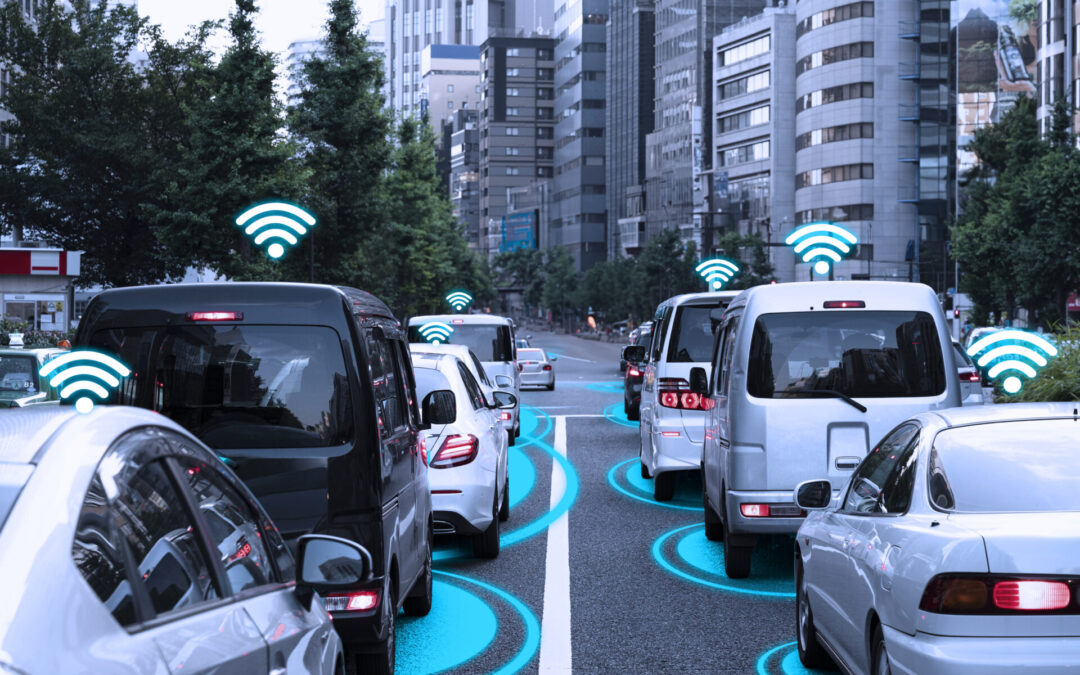Workshop digitalization is the way forward. This is a statement many have heard in the auto industry. Since many things have happened in the past years, the automotive industry has changed fundamentally. First, the pandemic hit the world, and suddenly many businesses were forced to go online. Lockdowns have forced even traditional businesses to find new ways of survival in a remote setup. Then, the global chip shortage slowed down car manufacturing. Automotive manufacturers have extended waiting time from 1.6 months to 4.9 months for volume brands and from 2.3 months to 7.2 months for premium brands.
Moreover, the current unfortunate situation in Ukraine has also had an effect on the supply chain and Volkswagen expects to idle some of its plants in Wolfsburg already. On top of this, customer expectations have changed dramatically due to the swift digitalization of the world. In this article you can read about the three ways digitalization will help workshops become winners in these challenging times.
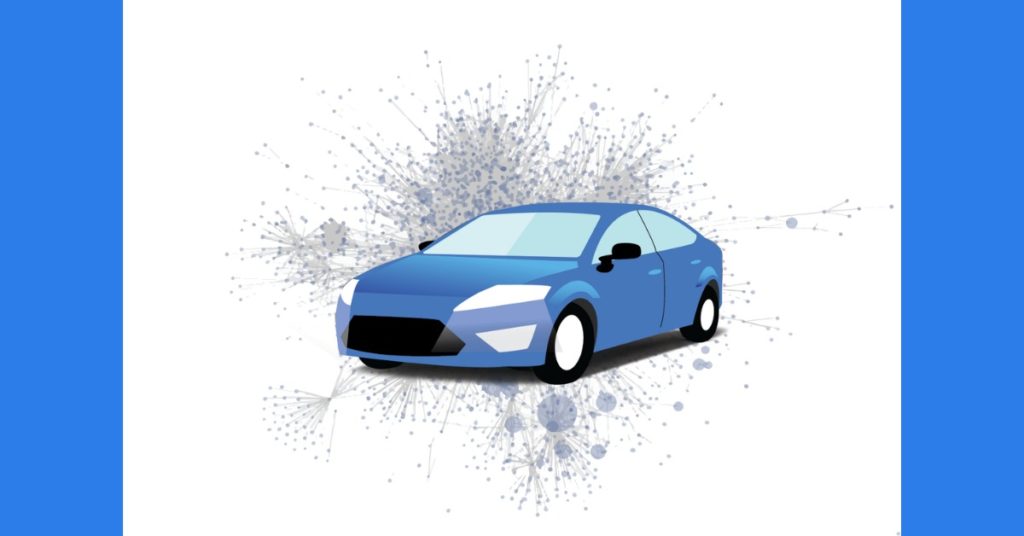
1. Connecting cars to the workshops to establish a strong customer relationship
Cars have become “smartphones on wheels”. This enormous advancement has a lot to offer for workshops. Customer drop-off after the warranty period ends is a well-known phenomenon in the automotive industry. However, connected car technology makes it possible to solve these chronic problems by leveraging car data. This vast amount of car-generated information is extremely valuable both for the workshops and drivers. Workshops can also set up marketing campaigns with personalized marketing offers together with third-party integrations related to fuel, parking, etc. Additionally, an app is also an important point of contact for workshops and customers making communication easy and convenient with the possibility of online booking for example.
Forecasts show that connectivity levels will increase significantly by 60-70% of the new cars sold in Europe and North America
This means that the newly manufactured cars’ systems will be intelligent and predictive by default. It includes a better architecture, improved sensors including cameras and light detection, and highly increased interconnectivity. Also, let’s not forget about the used car parks consisting of millions of cars globally. They can get the same benefits as the technology, thanks to the OBD II device. It can be installed in older models as well.
A huge opportunity for connectivity
Both our experience, forecasts, and current trends show that there’s a huge opportunity in connectivity. Connecting customers to workshops will increase customer satisfaction, and consequently customer loyalty. Why? Because car data makes it possible to predict some essential services, workshops can always be one step ahead of their customers before any major issue happens. This way customers can receive a smooth and convenient service.
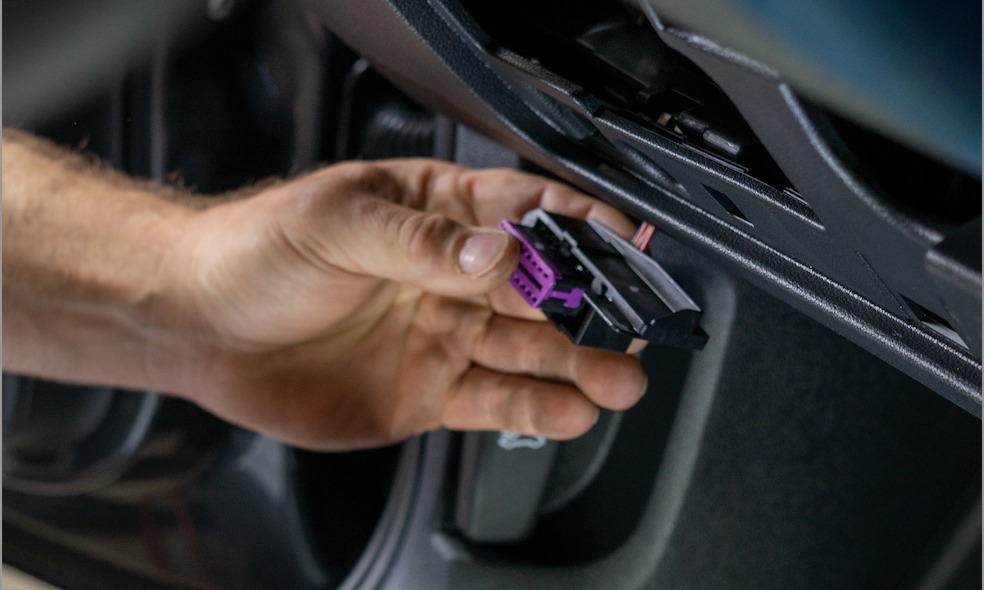
2. Personalization of the customer experience
At the first stages of the aftersale customer journey, effective communication and transparency of the booking process are paramount!
Dealerships can catch the momentum and use connected car technology to send personalized offers. According to Bearing Point’s research, 70% of customers like the personalization of services they use. Effective communication and transparency of the booking process are also key parts of personalization.
How does this look in real life for a workshop using Connected Cars?
One of the handy elements of our software is the chat function. It’s an efficient way to keep in touch with connected customers by having an app, MyConnectedCar.
Workshops can send their customers booking service appointments, and reminders, or receive any message directly from them in case of any issue. There’s also a possibility to send and receive photos or PDF files.
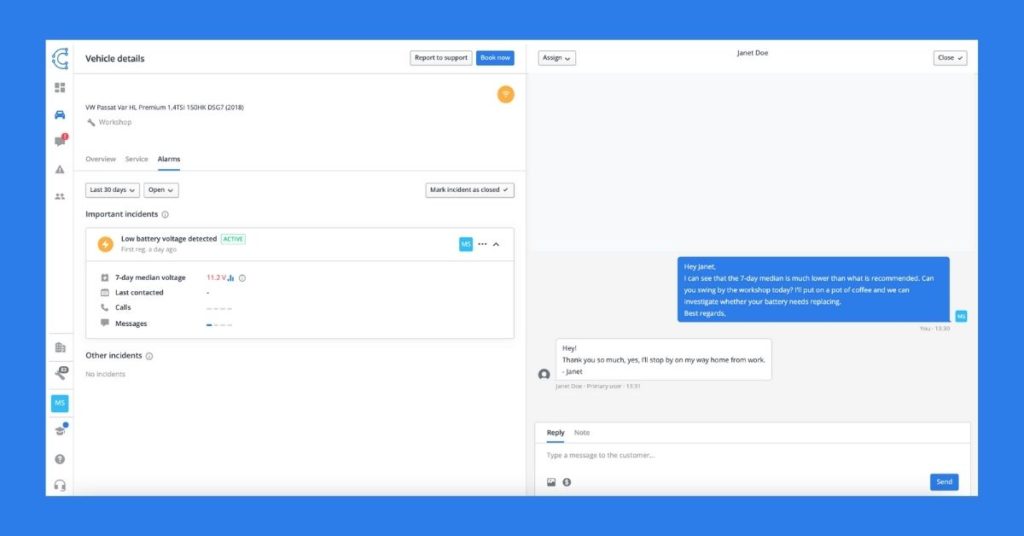
Workshops can also send a quote through the chat that customers can accept or reject. This taps into the transparency aspect of the service. Customers go to a service appointment prepared. No extra costs or unexpected issues as the date, time, approximate duration, and price of the service are all set. Customers love to get information well ahead about the service and this attitude builds trust in the workshop. At the end of the day such convenient, informative, and personalized services are the ones that we all want to stick to.
3. A mindset shift: from reactive to proactive
Workshop advisors have one tool, our ConnectedWorkshop with all the information needed. No need for hectic calendars, or endless phone calls. When a car is connected to a workshop, car data helps service advisors to understand the problem. It also alerts them while it’s happening, perhaps before the customer notices it. In a connected car — among many things — the battery health data is visible every couple of hours and if the ConnectedWorkshop detects a draining battery or a battery with a consistently low voltage the service advisor is able to proactively contact the customer and help to solve the problem beforehand. This way the workshop can transform its service from reactive to proactive.
Conclusion
The scenario above was just one example of what can happen to a car, but workshops are able to see different technical error codes in the ConnectedWorkshop and take action on them. The value here is created for the customer through the elimination of stress and unexpectedness. Instead, car owners are informed well ahead of time, knowing the circumstances and the price of the upcoming inspection. Workshops are always one step ahead of their customers, right there where customers’ needs are.
With the supply chain issues, many dealerships have to start focusing more on already existing customers and used cars. So why not focus on the profitable aftermarket segment, since used cars can get the advantage of connectivity as well.


